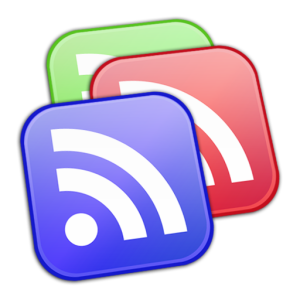 What’s the betting Google will do an about-face on its intention to retire Google Reader? Within hours of the Web giant announcing its intention to shutter the service on July 1, several online petitions have sprung up urging the company to rethink its decision to terminate the existence of the much loved, though apparently underused, RSS reader.
What’s the betting Google will do an about-face on its intention to retire Google Reader? Within hours of the Web giant announcing its intention to shutter the service on July 1, several online petitions have sprung up urging the company to rethink its decision to terminate the existence of the much loved, though apparently underused, RSS reader.
“We know Reader has a devoted following who will be very sad to see it go,” Google software engineer Alan Green wrote in a post on Wednesday. “We’re sad too.” Not sad enough, by the looks of it, though we’re betting the outcry will soon have them sitting around a table discussing the idea of not killing it off after all.
Green said the Mountain View company intended to close its RSS reader, which launched in 2005, because fewer people were using it and because “as a company we’re pouring all of our energy into fewer products.”
One petition over at Change.org, called Google: Keep Google Reader Running, has already gathered thousands of signatures. New Yorker Daniel Lewis, who set up the petition, suggests that some people stopped using the reader after Google got rid of its share and comment features.
“But it’s still a core part of my Internet use,” Lewis said. “And of the many, many others who are signed below.”
He added, “Our confidence in Google’s other products – Gmail, YouTube, and yes, even Plus – requires that we trust you in respecting how and why we use your other products. This isn’t just about our data in Reader. This is about us using your product because we love it, because it makes our lives better, and because we trust you not to nuke it.” But nuke it they will (perhaps).
Supporters of Lewis’s petition have been chipping in with their own comments, with Sarah Makoski from Wisconsin writing, “I subscribe to numerous blogs on Google Reader, it is my daily news source. The simplicity of the reader and the ease of clicking a button to subscribe is irreplaceable. Keep Google Reader, please!” while Australian Rowan James, clearly a dedicated user, said, “Google Reader is how I keep sane while aggregating a dozen high-volume feeds that I browse on three platforms and six devices on a daily basis. Nothing else comes close.” To keep poor Rowan from losing his mind, Google Reader must not die.
Other petitions can be found here, here and here, though up to now Lewis’s has been getting the most attention.
Of course, should the Web company refuse to reverse its decision, there are plenty of alternative RSS readers out there to help save the day….though they’re not Google Reader.
Google’s RSS reader isn’t the only tool getting the chop – Google said in a blog post it was closing seven others as part of an ongoing clear-out which has seen 70 services and features shut down since 2011.


